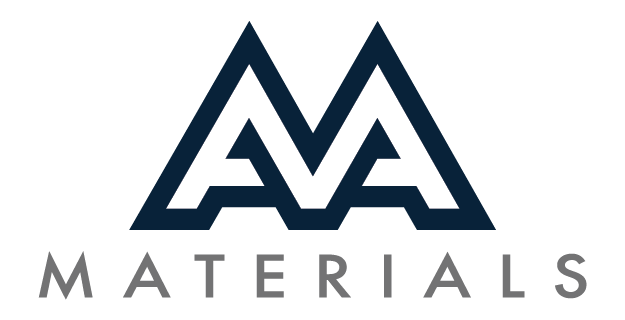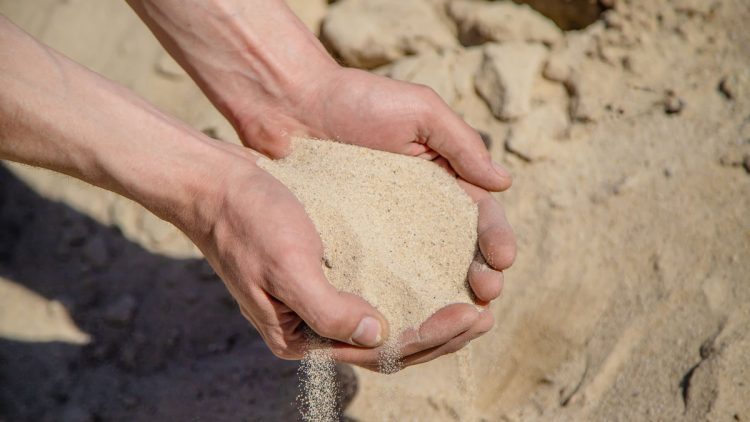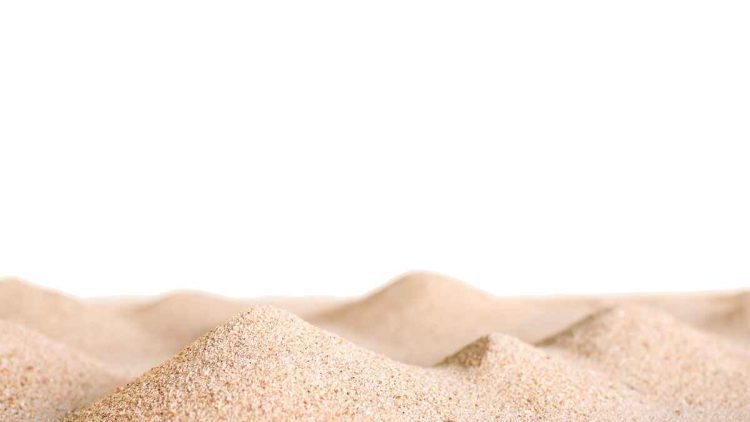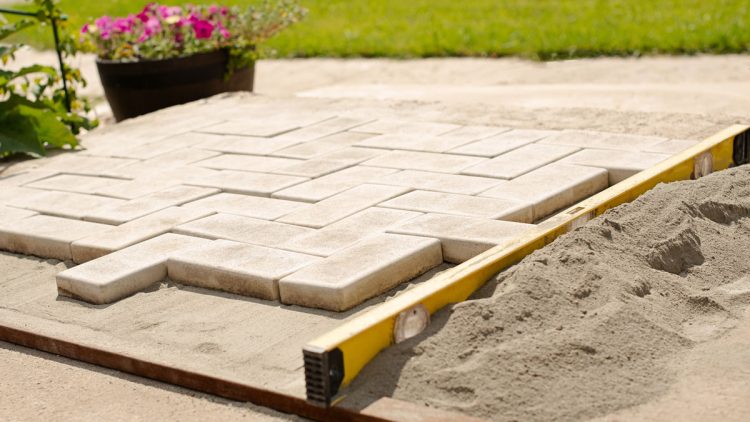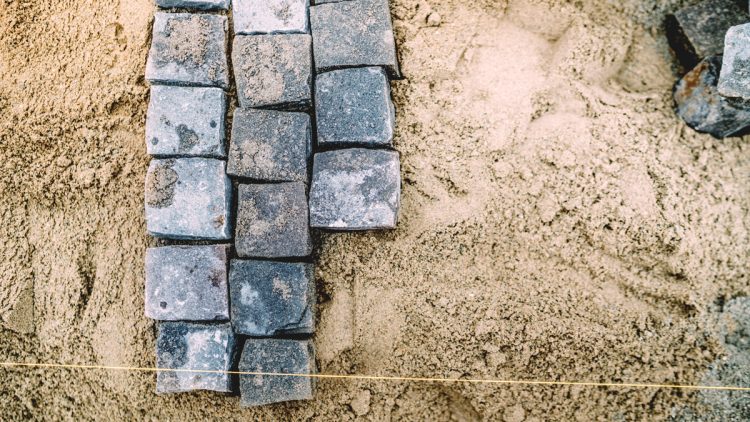Sand for Landscaping
When thinking about landscaping materials, sand is not what comes to mind for a lot of homeowners. Nevertheless, there are a lot of landscaping ideas you can integrate with sand. This post is going to discuss why you should think about landscaping with sand for your home.
The Best Types of Sand for Landscaping for Your Home
When planning your next landscaping escapade, there are a lot of materials you can use. You might not know that there are different uses for sand for landscaping. Prior to discussing how you can utilize sand for your landscaping design in your home, let’s talk about the various types of sand you can use in your landscaping.
Utility Sand for Home Landscape
This type of material is one of the best sands for landscaping. Homeowners typically choose between concrete sand vs. mason sand for courtyard or yard landscape. The following is why this type of sand is an ideal option for landscaping. It is a combination of a multitude of textures and colors of sand granules. It is coarse and has a somewhat rough texture. A lot of people usually use this sand as a base for pavement rocks. Its compact nature makes it an excellent option for your landscaping endeavors. You can’t use this type of sand for the children’s playground.
Concrete Sand
Concrete sand, additionally referred to as masonry sand, is the perfect sand used for landscaping endeavors. You can use this type of sand in areas like the pavers, courtyards, and pools. It is unrefined and mixes well with different landscaping materials. It places the foundation for all your landscaping endeavors since it is fine-grained and clean.
Combining rocks and sand for your house’s landscaping is a perfect alternative.
Residential Landscaping Ideas
Are you searching for ways to beautify your home setting with sand? The following are some of the beautiful landscaping ideas with sand for your home.
Paver Filler
When sand and grains mix with admixtures, they form a powerful bonding agent. It securely holds the pavers in place when used as a filler for them. The following are just some of the advantages paver filler sand:
- Increased longevity
- Rich and various colors
- Fast and is easily installation
Landscaping with this type of material is also perfect for paver fillers since it hinders weed growth and insect infestations.
Garden
In your garden, you can utilize this type of material and rock landscaping for your plants. This type of landscaping design enhances your backyard garden and helps your plants grow. You could utilize sand as a garden landscape. The sand produces air pockets that, in turn, increases the airflow in your plants’ soil. Helping plants get the required nutrients for them to grow.
Landscape Edging
The method of landscape edging is separating your outdoor living areas into separate spaces. A lot of homeowners have a lot of uses for sand around their house, and one of them is landscape edging. This type of landscaping enhances the curb appeal of your home. Landscape edging also serves as a barrier for your grass and those nasty weeds. Preventing them from growing into undesirable areas, such as nearby tiles. Landscape edging additionally creates a lawn mowing strip for easy lawn care.
Utilizing sand as a landscape edging material is ideal since it is easy for weeding. It also has an increase in the drainage due to the air pockets. Using sand for landscaping is very common among homeowners.
Landscaping Materials Phoenix by A&A Materials, Inc.
A & A Materials, Inc., located in Scottsdale, Arizona, offers Landscaping Materials, including sand, for your landscaping needs. Call us at 480-990-0557 for more information.
